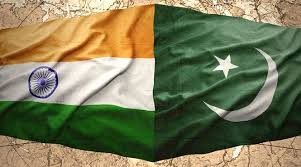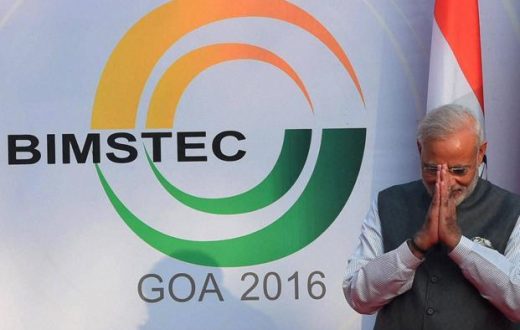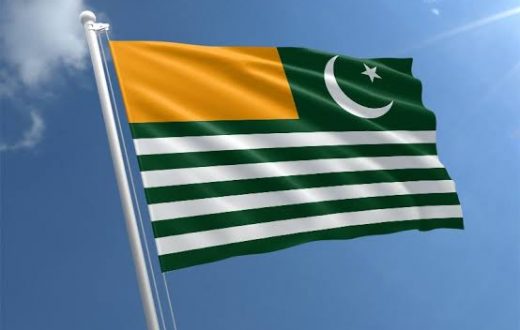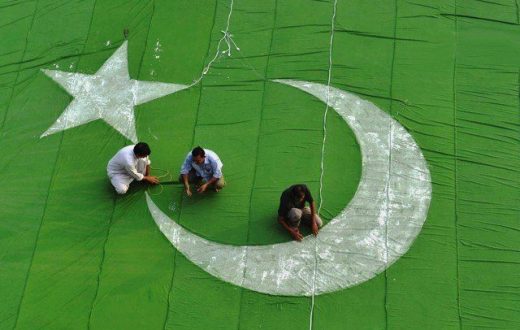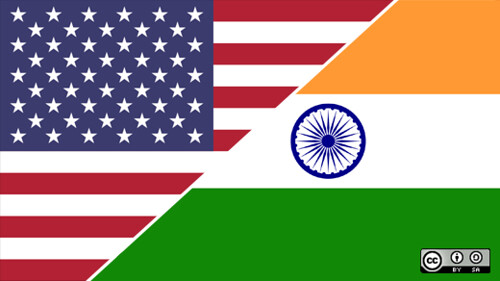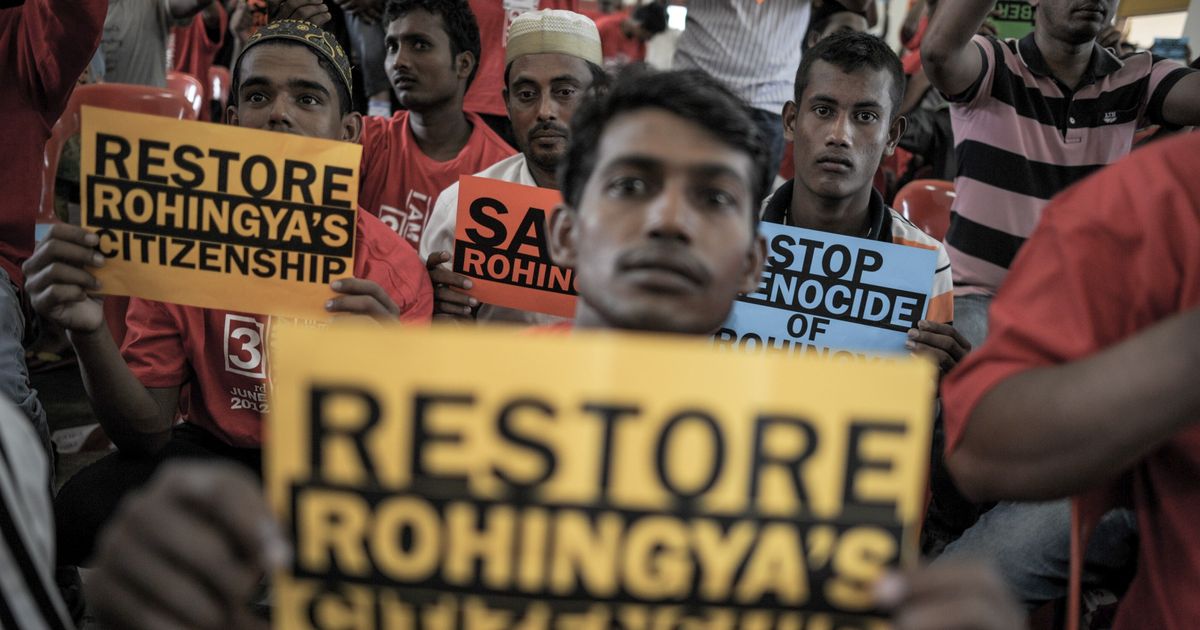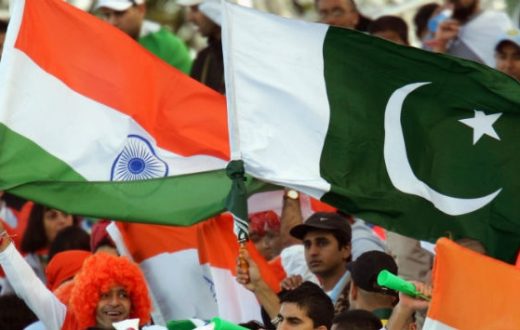Summary
A pair of attacks threatens to damage ties that India and Pakistan only recently repaired. On Jan. 2, armed militants donning Indian military uniforms stormed an air force base in the Indian city of Pathankot, near the country’s border with Pakistan. A second wave of militants then infiltrated the base, ostensibly to distract authorities as the first group targeted high-value assets, including helicopters, missiles and the base’s ammunition depot. Fourteen people died in the assaults, including all six militants. Then on Jan. 4, about 922 kilometers (573 miles) away, three militants assaulted the Indian Consulate in the northern Afghan city of Mazar-e-Sharif. A 25-hour gunfight ensued, during which all of the assailants were killed. These seemingly unrelated events appear to be connected by Afzal Guru, a deceased Pakistani militant whose name was mentioned in Pathankot, according to a hostage, and whose name was written in blood on a wall in Mazar-e-Sharif.
In years past, this type of episode would have been followed by statements of denial, denunciations and contempt. But now, New Delhi and Islamabad are exercising restraint, replacing their accusations with calls for cooperation and affirmations of good faith. In light of their turbulent pasts, this restraint suggests that an attempt to substantially shift the bilateral relationship is underway.
Analysis
It is not difficult to undermine ties between India and Pakistan: Their enmity for each other runs deep, and the two nuclear powers have fought three wars since partition in 1947. For this reason, small militant groups have been able to shake the two countries’ relationship time and again. When members of Laskhar-e-Taiba and Jaish-e-Mohammed, two Islamist militant groups based in Pakistan, attacked the Indian parliament building in New Delhi in 2001, New Delhi and Islamabad mobilized for war, moving a combined one million soldiers to the border. (The troops withdrew in October 2002.) When Lashkar-e-Taiba famously attacked Mumbai, India, it ended the notable progress New Delhi and Islamabad had made in their negotiations over Kashmir. And when, in July 2015, militants attacked a bus in Gurdaspur, India, Pakistan canceled high-level talks just two weeks after Indian Prime Minister Narendra Modi met Pakistani Prime Minister Nawaz Sharif on the sidelines of the Shanghai Cooperation Organization summit in Russia.

The attacks in 2016 similarly call into question the future of Indian-Pakistani cooperation. Indian Foreign Minister Subrahmanyam Jaishankar and Pakistani Foreign Minister Aizaz Ahmad Chaudhry were supposed to meet in Islamabad on Jan. 15 to discuss joint cooperation in Afghanistan and enhanced bilateral dialogue. But on Jan. 14, they officially decided to postpone the talks until an unspecified date in the near future.
Patterns Change
However, this pattern seems to be changing. In fact, the recent attacks may not provoke the reaction the perpetrators probably hoped to. Modi has personally invested a lot of political capital into rehabilitating India’s relationship with Pakistan — something he will not throw away easily. One of his biggest reasons for reviving the bilateral dialogue has been to address, pre-empt and prevent precisely this kind of attack. Modi also needs to show that he is improving Indian foreign policy, especially given the economic and legislative problems at home.

Pakistan’s reaction has also changed. Islamabad sees the value in cooperating with New Delhi; after 15 years of fighting, violence from Afghanistan threatens to spill over into Pakistan at any time. But such cooperation will be challenging, in part because of the competition between Pakistan’s civilian and military leaders. While the military does not have a constitutional mandate to govern, it has ruled the country four times since its independence. (It was only in 1999 that army chief Gen. Pervez Musharraf ousted Sharif in a coup.) Sharif comes from Pakistan’s business elite and wants to enhance ties with India to improve the nation’s economy. However, he has found it difficult to achieve this goal because of the overwhelming institutional power of the army, which still sees India as an existential threat.

It is little wonder, then, that India has often accused Pakistan’s Inter-Services Intelligence, or ISI, of using Jaish-e-Mohammed and other militant groups as proxies to undermine India — an allegation Pakistan roundly rejects. The powerful military intelligence organization is strongly influenced by the Pakistani army and therefore remains largely outside of the control of Islamabad’s civilian leaders. But ISI’s intentions are difficult to read, and it is possible that it may not be trying to directly undermine relations with India. Although ISI likely has had a hand in supporting militants, the intelligence service’s ability to control such attacks is probably limited. The ISI itself is highly fractured and contains numerous rogue factions — any of which could choose to unilaterally support a militant group without consent from the core. In 2008, some intelligence reports even indicated that then-ISI chief Gen. Ahmed Shuja Pasha was surprised by the scale of the Mumbai attacks and perhaps by the attack itself. Publicly, the intelligence organization announced its intention to cooperate with India in the investigation into the incident at Pathankot.
Strength and Sincerity
There are unconfirmed reports that Pakistan has arrested Jaish-e-Mohammed founder Maulana Masood Azhar, a move that would clearly signal a desire to cooperate with India. New Delhi alleges that Azhar was directly involved in planning the attacks based on records traced to a cell phone found at the scene in Pathankot. India arrested Azhar in 1994 but released him five years later in response to the demands of Indian Airlines Flight 814 hijackers. He reappeared in January 2014 in the Pakistan-controlled portion of Kashmir, where he gave a speech to a crowd of 10,000 people at Muzaffarabad College in favor of targeting India in attacks, echoing his earlier calls for assembling 500,000 mujahideen to wage war against India. Azhar reportedly operates out of a base in the Pakistani city of Bahawalpur, Punjab province; though he is still at large, some of the members of his group are not so lucky. One high-profile member, who was hanged in 2013, is worth mentioning — his name was Afzal Guru.
Unsurprisingly, India quickly blamed the Pathankot attack on Jaish-e-Mohammad. But, notably, the United Jihad Council, a 13-member Islamist collective founded in 1990 and headquartered in Muzaffarabad, claimed responsibility even quicker. Jaish-e-Mohammad is affiliated with the council. Islamabad allegedly has had ties with United Jihad Council organizations in the past, though these ties appear to have weakened in recent years. Pakistan reportedly disengaged from United Jihad Council groups after the July 2014 launch of the anti-militant Operation Zarb-e-Azb, leading to years of tense relations. In 2012, the group’s leader, Syed Salahuddin, bristled at Pakistan’s efforts to normalize ties with India, especially at its decision to grant India most favored nation status. Salahuddin said his militants were fighting on behalf of Pakistan in Kashmir, warning that if Islamabad halted support, his cadres would turn and attack Pakistan. In 2014, he also criticized Sharif for his friendly relationship with Modi.
The two most recent attacks will test the strength and sincerity of the newest revival of bilateral ties between India and Pakistan, which is crucial to the stability of South Asia. So far, the response from both sides has been measured. Modi has refrained from issuing brash statements against Pakistan, and Sharif has adopted a conciliatory tone and has arrested militants in the districts of Gujranwala, Jhelum and Bahawalpur. Since independence, both nations have paid a high price for refusing to cooperate under similar circumstances, and if the current situation is any indication, they may have decided that they are no longer willing to absorb the cost.

